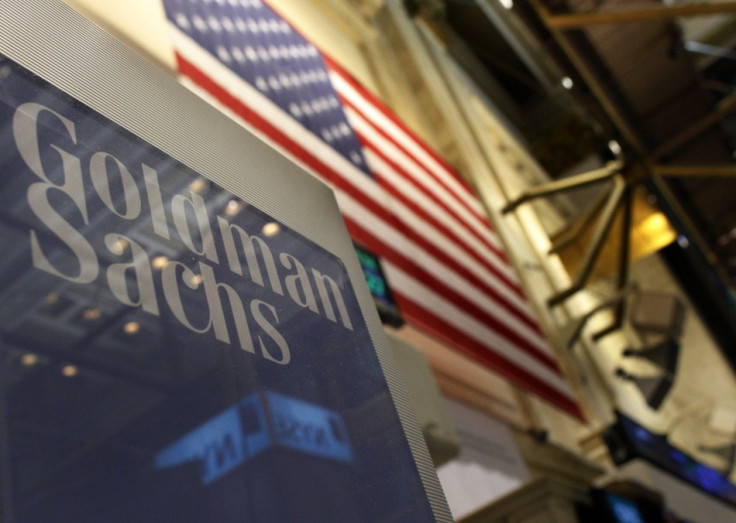Goldman Sachs' 'Tax Dodge' and a System 'Rigged' to Benefit the Rich

The U.S. investment bank Goldman Sachs' £10 million tax deal with Her Majesty's Royal Customs (HMRC) has raised serious questions about favouritism shown to big corporations based in the UK.
As a result, the National Audit Office (NAO) now plans to broaden its search into large tax settlements.
Over the summer, the satirical magazine Private Eye magazine highlighted how the Goldman Sachs had avoided a £10m tax bill after the HMRC commissioner, Dave Hartnett, had signed off a private deal.
The tax man was severely criticised by House of Commons Public Accounts Committee (PAC) who accused Hartnett of misleading Parliament and will publish its report before the end of the year, which is likely to be damning towards the Revenue official. It is highly probable the report will fall short of calling for his resignation and will instead demand an overhaul of HMRC.
If the NAO finds improper activities, however, Hartnett will find his position untenable. What the PAC has underlined is the need for greater accountability for commissioners, who can sign off multimillion tax deals with big companies behind closed doors.
Earlier this month, the lobbying group UK Uncut staged a protest during a speech by Hartnett in London, in which they posed as employees from Vodafone and Goldman Sachs who "congratulated" him for allowing billions of unclaimed taxes to go unpaid.
UK Uncut spokesman Paul Long said: "The conference was about tax efficiency, so everyone was outraged that the keynote speaker was Dave Hartnett after he had given such a generous gift to this multinational."
Surprisingly, it was revealed that, of the HMRC's four commissioners, only Hartnett had any tax experience.
Since the controversy was brought to the attention of the PAC, and the media, the Cabinet Secretary, Sir Gus O'Donnell, announced that two new commissioners had been appointed by the Crown, both with tax experience.
Crisis in British Business
The latest move comes on a day that a report claimed the top end of British business is "in crisis" due to the "stratospheric" increases of executive pay. .
A year-long inquiry by the High Pay Commission revealed that top executive pay has surged by 4,000 per cent over the last 30 years, even though their respective companies have not reflected comparable success within the market.
The average salary, by comparison, has increased a tenth, up from £6,474 in 1980 to £25,900.
The report lambasted the top pay of executives and called for reforms and greater transparency within companies.
It also suggested publishing the pay packages of leading executives, as well as a ratio between the highest paid executive and the average company salary.
Public distance
The study reveals that trust between the public and private sector is at an all-time low, with the former believing that companies should stump up the money to pay for the cuts that are taking place as austerity measures.
The report said: "Senior company executives are 'rigging' the system for their own ends" and that "excessive high pay damages companies, is bad for our economy and has negative impacts on society as a whole... This distortion creates an impression that business leaders are 'in it for themselves' and is damaging trust in British companies, especially at a time when most workers are seeing little or no increase in their pay".
© Copyright IBTimes 2024. All rights reserved.








